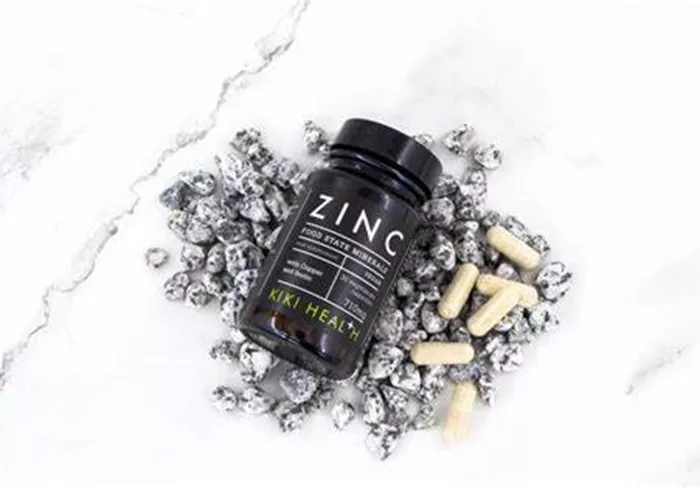In the world of dietary supplements, cod liver oil and omega-3 fatty acids are often discussed for their health benefits. Both are rich sources of omega-3 fatty acids, which are essential for overall health. However, they differ in composition, source, and potential health benefits. This article delves into the details of each, helping you understand which may be better for your specific health needs.
Cod Liver Oil
Cod liver oil is derived from the liver of cod fish, particularly the Atlantic cod. It has been used for centuries, especially in Scandinavian countries, for its health benefits. The oil is rich in omega-3 fatty acids, including eicosapentaenoic acid (EPA) and docosahexaenoic acid (DHA), as well as vitamins A and D. These nutrients play vital roles in maintaining various bodily functions, including vision, immune response, and bone health.
Nutritional Profile of Cod Liver Oil
The nutritional profile of cod liver oil includes:
Omega-3 Fatty Acids: Essential for cardiovascular health and brain function.
Vitamin A: Important for vision, immune function, and skin health.
Vitamin D: Crucial for calcium absorption and bone health.
Health Benefits of Cod Liver Oil
1. Heart Health: Omega-3 fatty acids can help reduce triglycerides, lower blood pressure, and improve overall heart health.
2. Brain Function: DHA is vital for brain development and function, potentially lowering the risk of cognitive decline.
3. Inflammation Reduction: The anti-inflammatory properties of omega-3s can help with conditions such as arthritis.
4. Bone Health: Vitamin D in cod liver oil supports calcium absorption, contributing to stronger bones.
Omega-3 Fatty Acids
Omega-3 fatty acids are polyunsaturated fats found in various foods, particularly in fatty fish, nuts, and seeds. They are classified into three main types:
ALA (Alpha-Linolenic Acid): Found in plant sources like flaxseed and walnuts.
EPA (Eicosapentaenoic Acid): Primarily found in fish and algae.
DHA (Docosahexaenoic Acid): Also found in fish and algae, crucial for brain and eye health.
Nutritional Profile of Omega-3 Supplements
Omega-3 supplements, often available as fish oil or algal oil, provide varying amounts of EPA and DHA. The concentration can differ based on the source and processing methods.
Health Benefits of Omega-3 Fatty Acids
1. Heart Health: Omega-3s can lower the risk of heart disease by reducing inflammation and improving cholesterol levels.
2. Mental Health: Some studies suggest that omega-3s can help alleviate symptoms of depression and anxiety.
3. Eye Health: DHA is a major structural component of the retina, playing a role in eye health.
4. Pregnancy and Development: Omega-3 fatty acids are essential for fetal brain development during pregnancy.
Comparison of Cod Liver Oil and Omega-3 Supplements
Source and Composition
Cod liver oil provides omega-3 fatty acids along with vitamins A and D, whereas omega-3 supplements mainly focus on EPA and DHA without the additional vitamins. This difference can influence the choice between the two, especially for individuals needing additional vitamins.
Health Benefits
While both offer cardiovascular and cognitive benefits, the unique combination of vitamins A and D in cod liver oil may appeal to those looking for comprehensive health support. On the other hand, omega-3 supplements may be preferable for those specifically targeting omega-3 intake without additional vitamins.
Taste and Digestibility
Cod liver oil has a distinct taste that some may find unpalatable, while omega-3 capsules are often easier to consume without any fishy taste. If taste is a concern, omega-3 supplements might be the better option.
Potential Risks and Side Effects
Both supplements have potential side effects. Cod liver oil can lead to excessive vitamin A intake if consumed in large quantities, while omega-3 supplements can cause gastrointestinal discomfort in some individuals. Consulting with a healthcare professional is advisable before starting either supplement.
See Also: Fish Oil VS Cod Liver Oil: Which Is Better?
Who Should Take Cod Liver Oil?
Cod liver oil might be suitable for individuals looking for a comprehensive supplement that includes omega-3s, vitamin A, and vitamin D. It is particularly beneficial for those living in areas with limited sunlight or those who have dietary restrictions that limit their intake of these vitamins.
Who Should Take Omega-3 Supplements?
Omega-3 supplements may be more appropriate for individuals focused solely on increasing their omega-3 intake without the added vitamins. This can include those with specific dietary needs or restrictions, such as vegetarians or vegans who might choose algal oil as a plant-based source of omega-3s.
Conclusion
Ultimately, the choice between cod liver oil and omega-3 supplements depends on individual health needs and preferences. Cod liver oil offers a unique combination of omega-3s and essential vitamins, making it a potent option for those seeking broader health benefits. Conversely, omega-3 supplements provide a more concentrated source of these fatty acids, ideal for individuals targeting heart and brain health. It’s essential to consider your dietary habits, health goals, and potential risks when making this decision.
Before starting any supplement, it’s always a good idea to consult with a healthcare provider to determine what’s best for your individual health circumstances. Understanding the benefits and differences between cod liver oil and omega-3 supplements can help you make an informed choice that aligns with your health goals.
Related Topics



































